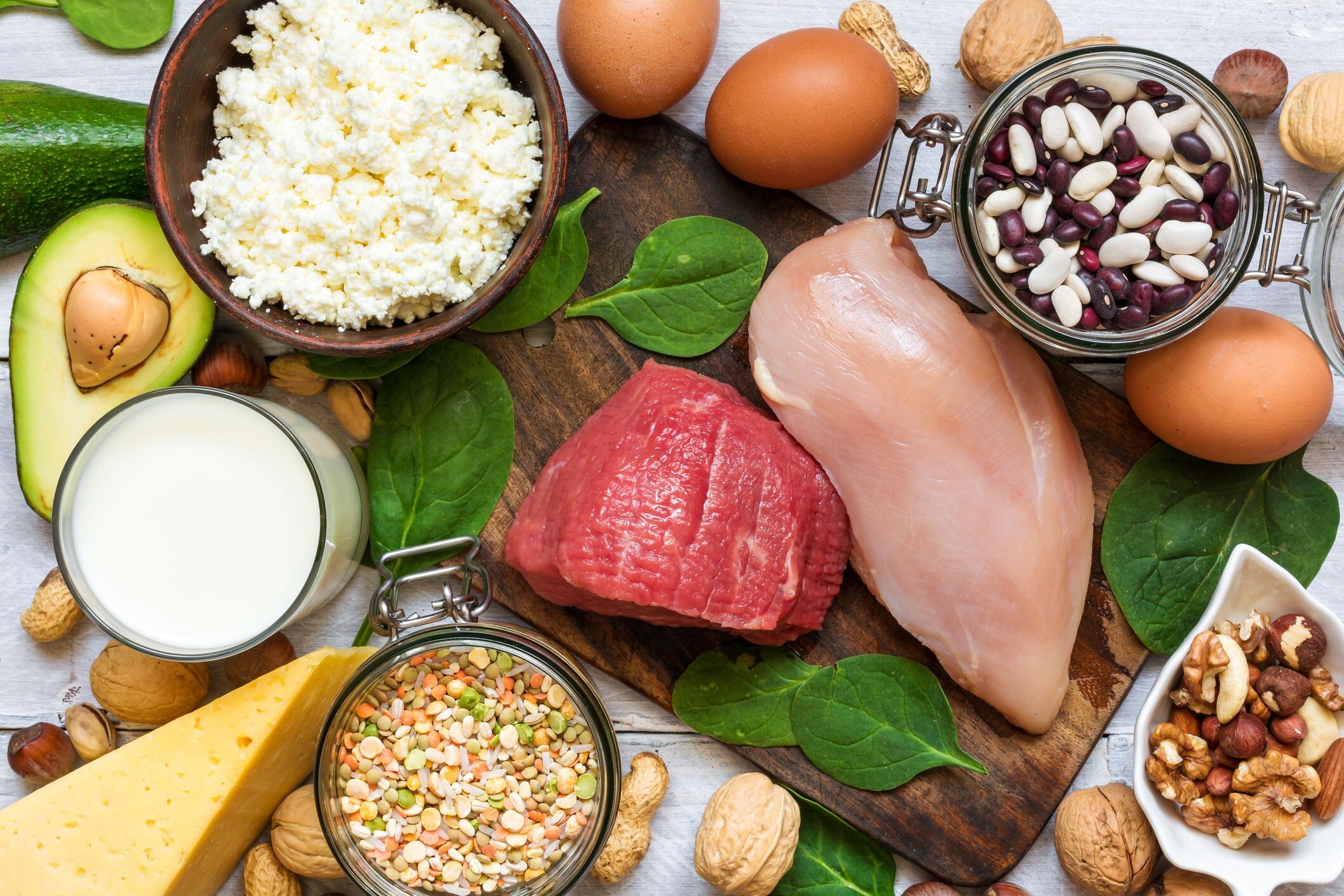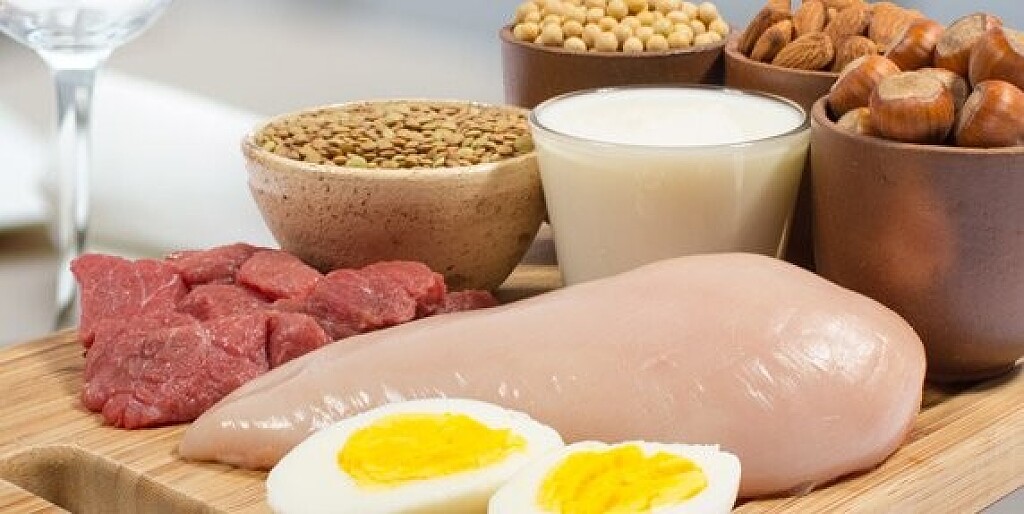Running News Daily
Running News Daily is edited by Bob Anderson. Send your news items to bob@mybestruns.com Advertising opportunities available. Train the Kenyan Way at KATA Kenya and Portugal owned and operated by Bob Anderson. Be sure to catch our movie A Long Run the movie KATA Running Camps and KATA Potato Farms - 31 now open in Kenya! https://kata.ke/
Index to Daily Posts · Sign Up For Updates · Run The World Feed
How much protein do runners need?, If you aren't already monitoring your protein intake, it's a good idea to start
Protein is a big discussion in gym and weightlifting culture, but it’s a less-prevalent conversation among runners. This is something that needs to change, though, as runners should focus on their protein intake just as much as any other athlete. You may not require as much protein as a strength- or power-focused athlete, but the need for protein is still paramount for your health and success as a runner.
The idea of tracking your protein consumption may seem daunting or tedious for some, but don’t worry, we’re here to tell you just how much you need in your daily diet.
How much protein do you need?

Ashley Ludlow is a dietitian and runner, and she says runners need to consume way more protein than average, non-active adults. It is often recommended that adults consume 0.36 grams of protein per pound of body weight, but studies have shown that this is too low for many people. There’s no set number offered by Ludlow, but she says runners should aim to hit between 0.5 and 0.9 grams of protein per pound of body weight every day.
But how do you determine if you’re on the lower or higher end of this spectrum? Ludlow says it really depends on how much and how far you run. If you’re only training a few hours a week, you can stick to the lower end. However, if you’re putting in high mileage and lots of hours every week, you’re going to want to get close to eating your body weight in grams of protein. This means that if you weigh 145 pounds, you should aim to hit around 130 grams of protein ever day.

“The more energy you burn off in exercise, the more protein you need to ensure that your body doesn’t break down your muscles to fuel your workouts,” says Ludlow. Of course, every runner is different, and this practice may not work for you. If you try it out and things feel off, it could be a good idea to visit a dietitian to figure out what will work for you and help you thrive as an athlete.
Easy ways to get enough protein
Upping your protein intake doesn’t have to mean you’re eating steak every night or forcing down a glass of raw eggs like in Rocky. There are so many easy (and tasty) ways to get the protein you need. Try adding a protein shake to your diet in the morning or after runs and other workouts. These are good with just water, but if you’re looking to get more out of the shake, you can add nut butter, milk, yogurt and anything else you like. Those few added ingredients are great sources of protein themselves, meaning that your already protein-dense smoothie will be even more filling.
If you want something you can snack on throughout the day, grab some nuts or a box of protein bars. One ounce of almonds (around 20 nuts) is six grams of protein, so if you graze them (or any other nut) throughout the day, you’ll get a great boost in your protein intake. As for protein bars, there are so many different brands and flavours out there. Shop around, test a few and find the one (or ones) you like best. The amount of protein varies by the brand and bar, but you can get a great shot of it from any type you buy. Plus, it makes for a quick and easy snack when you’re running out the door for work or to meet your friends for a workout.
Of course, if you’re looking to increase your protein consumption, shakes can only go so far. Adding high-protein items to your lunches and dinners will certainly help you reach your recommended daily intake.
For runners who eat meat, a large pork chop (36 grams of protein in a 230-gram chop), a slice of fish (22 grams of protein in a 110-gram piece) or a steak (62 grams of protein in a standard 250-gram steak) are all great ways to up your protein. For plant-based athletes, lentils (18 grams of protein per cooked cup), beans (15 grams per cup) and quinoa (9 grams per cup) are all great options to fill out your meals.
by Ben Snider-McGrath
Login to leave a comment




